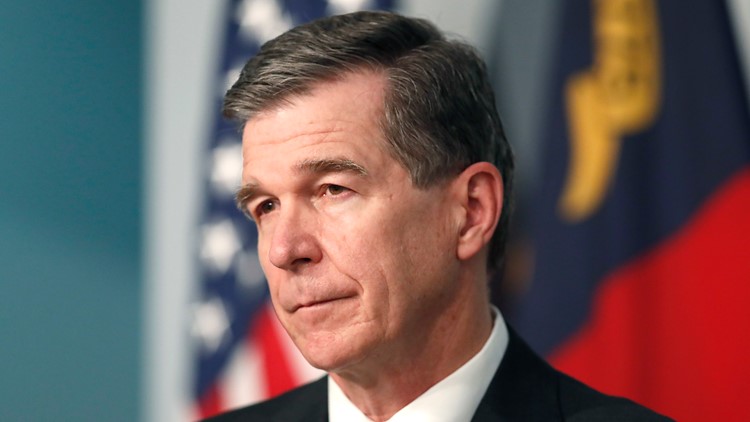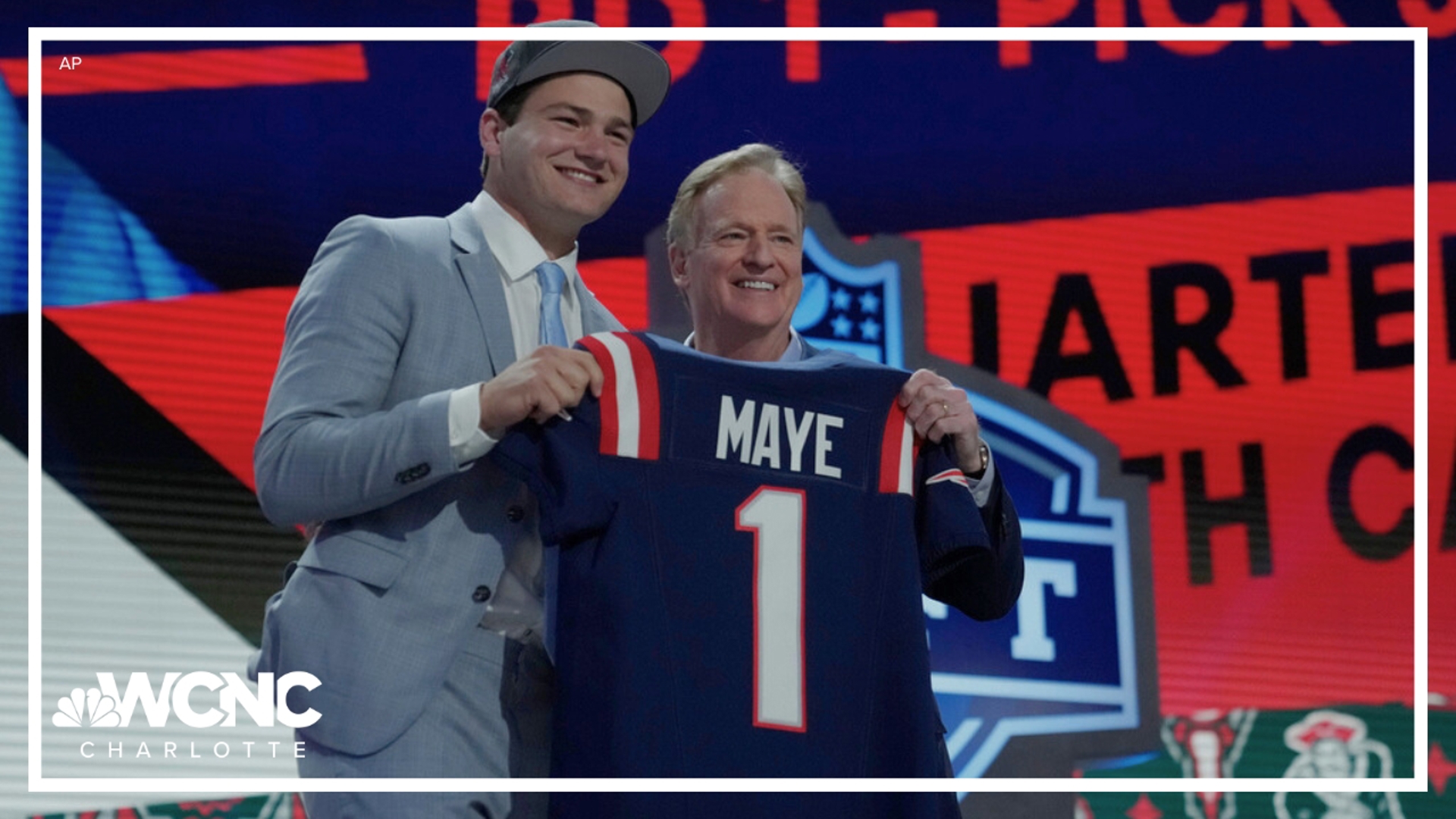RALEIGH, N.C. — North Carolina has more than $900 million in the federal Coronavirus Relief funds from the federal CARES Act.
Governor Roy Cooper recommended a state budget he said will offer support for health care services, schools, colleges, and small businesses.
"Today I am sharing a recommended budget that offers Support for a Determined North Carolina," Cooper said.
"The budget I propose takes on the challenges of today while building for the promise of tomorrow. We have to rise to the occasion of this pandemic response now and focus on ways to emerge from this crisis stronger than before," Cooper said.
Here’s a breakdown of the recommended budget:
- $175 million for critical public health services including: $25 million for testing and tracing; $50 million to target rural and historically marginalized populations; and $40 million for early childhood services
- $49 million to build a state strategic stockpile of personal protective equipment (PPE)
- $132 million to help K-12 public schools to protect students, teachers and staff and ensure students most impacted by COVID-19 receive support
- $200 million in aid for local governments
- $50 million to establish an emergency grant program to expand high-speed internet access
- $27.5 million to combine with other funds to create a $50 million relief program to support NC businesses with rent, mortgage and utility relief
- $18 million to combine with other funds to create a $33 million grant program for Historically Underutilized Businesses (HUB) that have been left out of other support programs
- $25 million to provide equipment for health care and first responder workforce programs at community colleges to continue the state’s pipeline of necessary, qualified workers
- $25 million to research obstacles to reliable, rapid COVID-19 testing
- $50 million in direct aid to food banks, emergency feeding organizations, and community organizations for food and nutrition assistance
SCHOOL BONUSES
Cooper’s proposed budget also includes using state funds for school staffing bonuses and matching funds for FEMA Recovery Programs from Hurricanes and from the recent earthquake.
Here’s a breakdown of the recommended budget:
- A one-time $2,000 bonus to K-12 public school teachers, instructional support personnel, principals and assistant principals
- A one-time $1,000 bonus to K-12 non-certified public school personnel
- A one-time $1,500 bonus to UNC System and NC Community College System personnel
- $50 million to support the highest needs students, schools, and districts and early childhood education as a part of the state’s commitment to providing a sound basic education to all students
- $86.5 million to provide state matching funds for FEMA Recovery programs from Hurricanes Matthew, Florence, Dorian and Isaias, and to assist with recovery in Alleghany County after the August 9 earthquake
UNEMPLOYMENT BENEFITS
The proposed budget would also expand the state’s unemployment benefits program.
“This pandemic has put many North Carolinians out of work through no fault of their own, and we can do more to support them and also support our local economies,” Cooper said.
He also said North Carolina provides among the lowest maximum benefits and is dead last in the number of benefit weeks. The proposal would expand unemployment benefits from 12 weeks to 24 weeks. It would also increase the maximum weekly benefit to $500. It would also suspend unemployment insurance tax increases through 2022.
The proposal would keep the Unemployment Insurance Trust Fund Balance above $2 billion. Currently, $3.05 billion is in the fund.
EXPANDING MEDICAID
Gov. Cooper also wants to expand Medicaid to cover an additional 600,000 North Carolinians who fall in the health care coverage gap. The expansion is 90% funded by the federal government. The other costs are covered by health care providers and insurance companies. That means the state would not have to pay additional costs.
“Medicaid expansion is perhaps the most important decision we can make right now to save lives, protect people’s health, boost our economy with billions of federal dollars, and save our rural hospitals, and it won’t cost the state anything,” Cooper said.
STATE BOND PROPOSALS
Cooper is also proposing bonds to improve the state’s health care infrastructure and response to COVID-19. It would support critical investments in schools, water and sewer systems and affordable housing. That includes a proposal for $988 million to be used for health care infrastructure limited obligation bond to support health facilities, public health labs, vaccine development and more.
A bond he wants on the November 2021 ballot would invest in the following:
- $2 billion in school construction
- $800 million for water and sewer infrastructure
- $500 million for UNC System facilities
- $500 million for the Community College system
- $500 million for affordable housing
Cooper said each $1 million in investment would sustain or create up to 13 direct jobs and 28 indirect jobs while the economy recovers from the pandemic.



